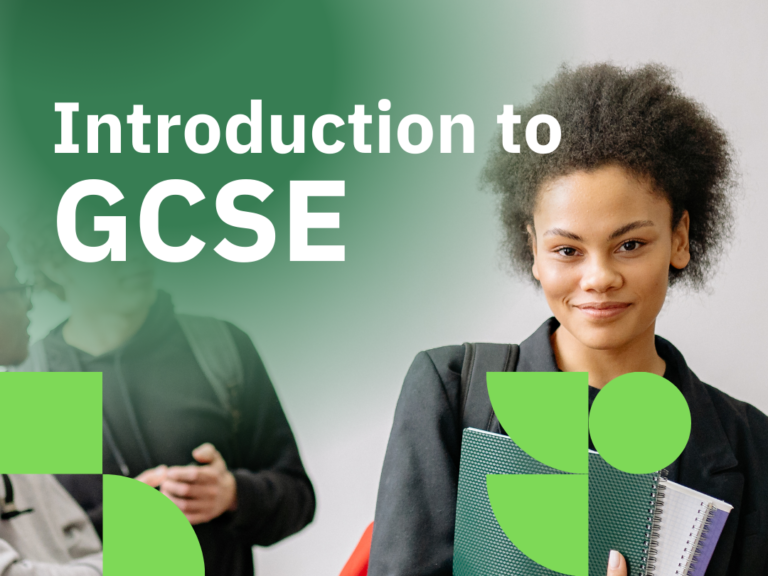
Table of Contents
What Every Student Should Know About GCSE in the UK
What is the most popular GCSEs subjects to take?
The popularity of GCSEs subjects can vary depending on a number of factors, such as students’ interests, future career aspirations, or university prerequisites. However, according to recent statistical data, some of the most commonly chosen subjects by students in the UK are:
- Mathematics: As a fundamental discipline in both science and engineering fields, Mathematics is highly popular due its broad applicability and its status as a requirement for many university courses.
- English: Whether in Literature or Language form, English remains one of the most chosen subjects, favored for its universality and its development of critical thinking and communication skills.
- Biology: As one of the primary science fields, Biology is favored by students aiming for careers in health, medicine, veterinary studies, and environmental science.
- Chemistry: Like Biology, Chemistry is an integral science subject and is often required for further study in medical or science-related fields.
- History: Appreciated for its thorough development of analytical skills, History is popular amongst students planning to study law, journalism or politics at university.
- Physics: Physics is a core choice for students interested in engineering, astronomy, or other science-related fields.
Remember, choosing an GCSEs subject should not be solely about popularity, but about your interests, abilities, and future plans. Different subjects may serve different needs better, so it’s essential to make an informed decision based on your individual circumstances.
6 Steps to choose your GCSEs subjects
Choosing your A levels subjects can feel like a monumental decision. These choices can have a significant impact on your future study options and career paths, so it’s crucial to navigate them mindfully. Here are some steps to help guide you:
- Assess Your Strengths and Interests: Begin by writing down which subjects you enjoy the most. These tend to be the ones you find most engaging, and you’re more likely to do well in subjects you’re passionate about.
- Research and Consider Your Future Plans: If you have specific career goals or degree programs in mind, take the time to research and find out what subjects might be required or recommended. University websites, career advisors, and existing professionals in the field can be good resources.
- Look Beyond the Core Subjects: Remember, GCSE isn’t just about English, Maths, and Sciences. There’s a range of other subjects like Design and Technology, Drama, Music, and many others that you might find compelling and valuable.
- Speak to Teachers, Senior Students and Career Advisors: Often, people who’ve already been through the process can offer invaluable insights. Teachers can give an overview of what the course entails, senior students can share their experiences, and career advisors can help align your choices with prospective career paths.
- Consider the Course Content and Assessment Method: Some subjects might be coursework-based, some exam-focused, and some a mixture of both. Make sure you’re comfortable with this aspect of the subjects you choose.
- Ensure a Balanced Workload: While it’s tempting to fill your option blocks with all the subjects you love, consider what a realistic workload will be for you. It’s important to have a balance that allows you time for leisure and relaxation to prevent burnout.
Remember, taking the time to make well-informed decisions will help ensure that you’re selecting the subjects that will serve you best in the future. While it’s an important decision, it’s not set in stone, and there are often opportunities to change your mind or take different paths in the future.
Is it possible for students to change GCSE subjects in the middle of studying?
While it’s not unheard of for students to consider changing GCSE subjects partway through their course, it’s not particularly common. Most students usually make their subject choices carefully at the beginning, often with the guidance of teachers and parents, and tend to stick with them.
However, it’s natural for some students to question their choices at times, especially when they find a subject challenging or not what they expected. They might wonder whether they would be better off studying something else.
There can be significant practical hurdles to changing GCSE subjects midway through the course, such as catching up on missed coursework and content, fitting into a new class, and school policies, among others. For these reasons, many students who consider changing their GCSE subjects ultimately decide against it.
That said, it’s important for any student who’s unhappy with their subject choices to discuss their feelings with a teacher, school counselor, or parent. Even if changing subjects isn’t feasible, there might be other ways to address the issue, like getting extra help outside of school or finding ways to make the subject more enjoyable or manageable.

